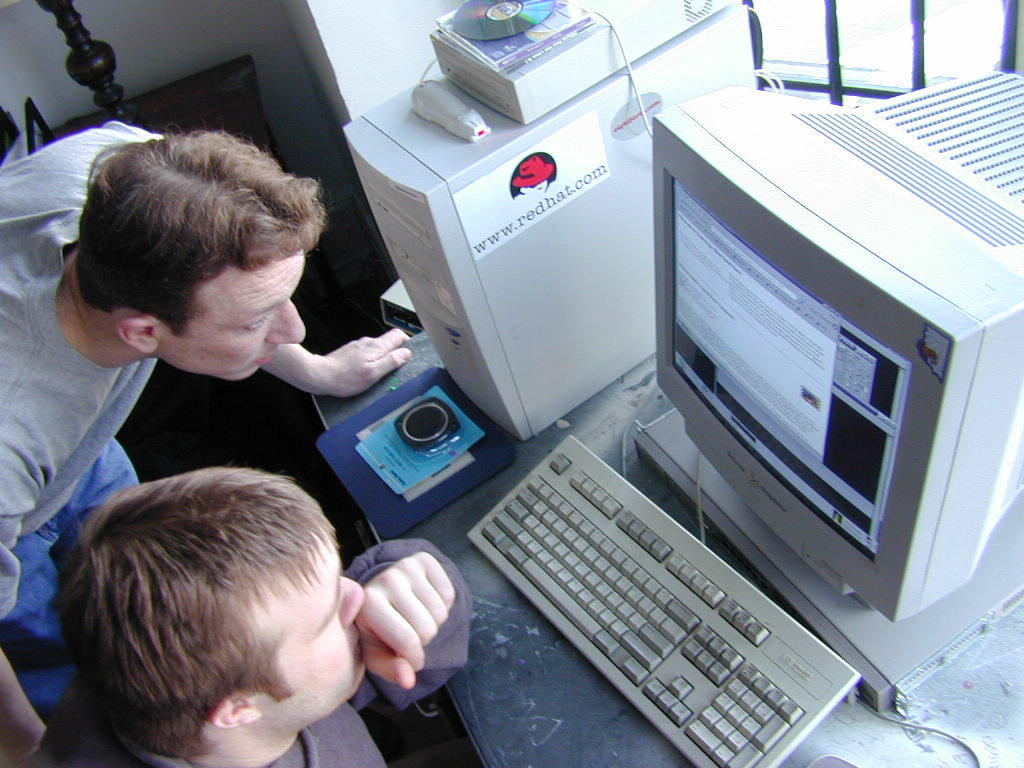
Before I even begin to say much on this post, I must confess that I am a frequent user of facebook myself...and perhaps even on the hypocritical end on even writing about problems associated with it. However, I find it a fascinating concept to explore and critically examine.
Facebook...what is so fascinating about such a simple concept...social networking? One site has generated millions of user to log on and create a profile for themselves, representing who they think they are for the world to see. Psychologically, I think this has much to do with our inborn desire to be noticed. Sometimes after I post something on facebook, I wonder, "What on earth makes me think that there are other people in this world interested enough in my personal life to look at the note I just wrote, or that I happened to change my profile picture?"
We cannot escape the fact that we are social beings. Many times we thrive on knowing what is going on in other people's lives just for the thrill of knowing something about someone else, or even being able to compare their experiences to our own.
Borgmann's comments in "Holding onto Reality" about information greatly interested me regarding facebook. Oftentimes, when looking at a person's profile, we think that we're getting the 'real deal' of who that perons is. What we forget, however, is that people are more complex than filling out answers to "Relationship Status", "Interests", or even the "About Me" section. We are looking at subjective information about that person from that person's point of view. We're not seeing the entire reality. We are seeing a one-sided picture of that person, and it becomes what we think is the reality. This Technological Information, or "Information as Reality" presents information as it really is, but it is still not the real thing.
The internet can be a means for people to present the versions of themselves that they want others to see as reality. Let me give an example: There could be a person who has a really annoying habit of interrupting people all the time, and therefore, many people find it difficult to get along with her. This girl might not see that in herself, and obviously not put that on her facebook profile. Her profile, therefore, only becomes part of the reality, and the whole reality is only visible in its presence...its being 'natural information'.
In this way, facebook could potentially be a means of lying to others, whether it be intentional or unintentional . One example that comes to mind is when I see facebook profiles of celebrities that others have created who aren't really that celebrity.
Facebook, although it is addicting can become a means of distorting reality to the point where online social interaction has nothing in connection with the real interaction between individuals. This is reminiscent of the example used in class of the Hope Diamond's distant, almost nonexistent relation to the mine from which it was taken. We must be aware when using facebook, questioning ourselves... "Do I really see this as reality?" If so...I just might need to change my perspective.
1 comment:
A very insightful post. This is precisely the kind of thing that Borgmann sees as characteristic of the age of "information as reality." The problem here, for Borgmann, would be that electronic social networking tends to crowd out, or even completely replace, the "reality" of the embodied social world.
The challenge, then, is to find a way to restore a balance between Borgmann's three kinds of information (natural, cultural, and "pure").
7:06 AM
Post a Comment